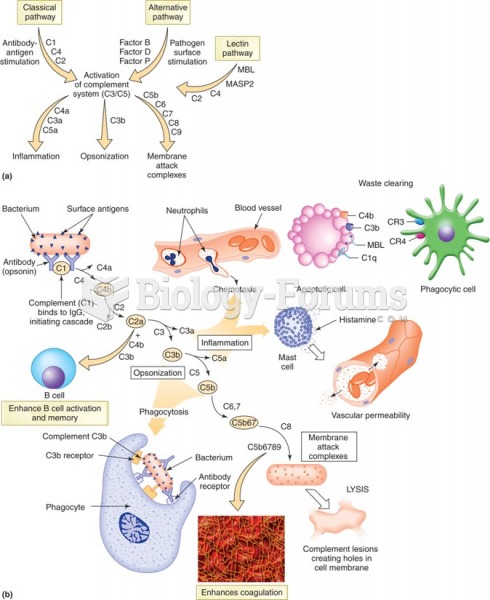This topic contains a solution. Click here to go to the answer
|
|
|
Did you know?
The tallest man ever known was Robert Wadlow, an American, who reached the height of 8 feet 11 inches. He died at age 26 years from an infection caused by the immense weight of his body (491 pounds) and the stress on his leg bones and muscles.
Did you know?
As of mid-2016, 18.2 million people were receiving advanced retroviral therapy (ART) worldwide. This represents between 43–50% of the 34–39.8 million people living with HIV.
Did you know?
Bacteria have flourished on the earth for over three billion years. They were the first life forms on the planet.
Did you know?
Thyroid conditions cause a higher risk of fibromyalgia and chronic fatigue syndrome.
Did you know?
The human body produces and destroys 15 million blood cells every second.
 The ultimate foundation of any political order is violence, no more starkly demonstrated than when a ...
The ultimate foundation of any political order is violence, no more starkly demonstrated than when a ...
 Three pathways of complement combined. (a) Figure shows a summary of how each pathway proceeds. (b) ...
Three pathways of complement combined. (a) Figure shows a summary of how each pathway proceeds. (b) ...





